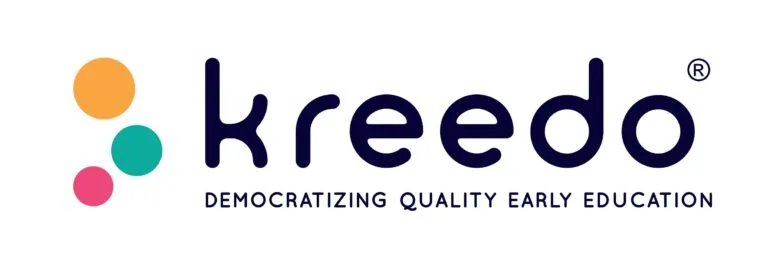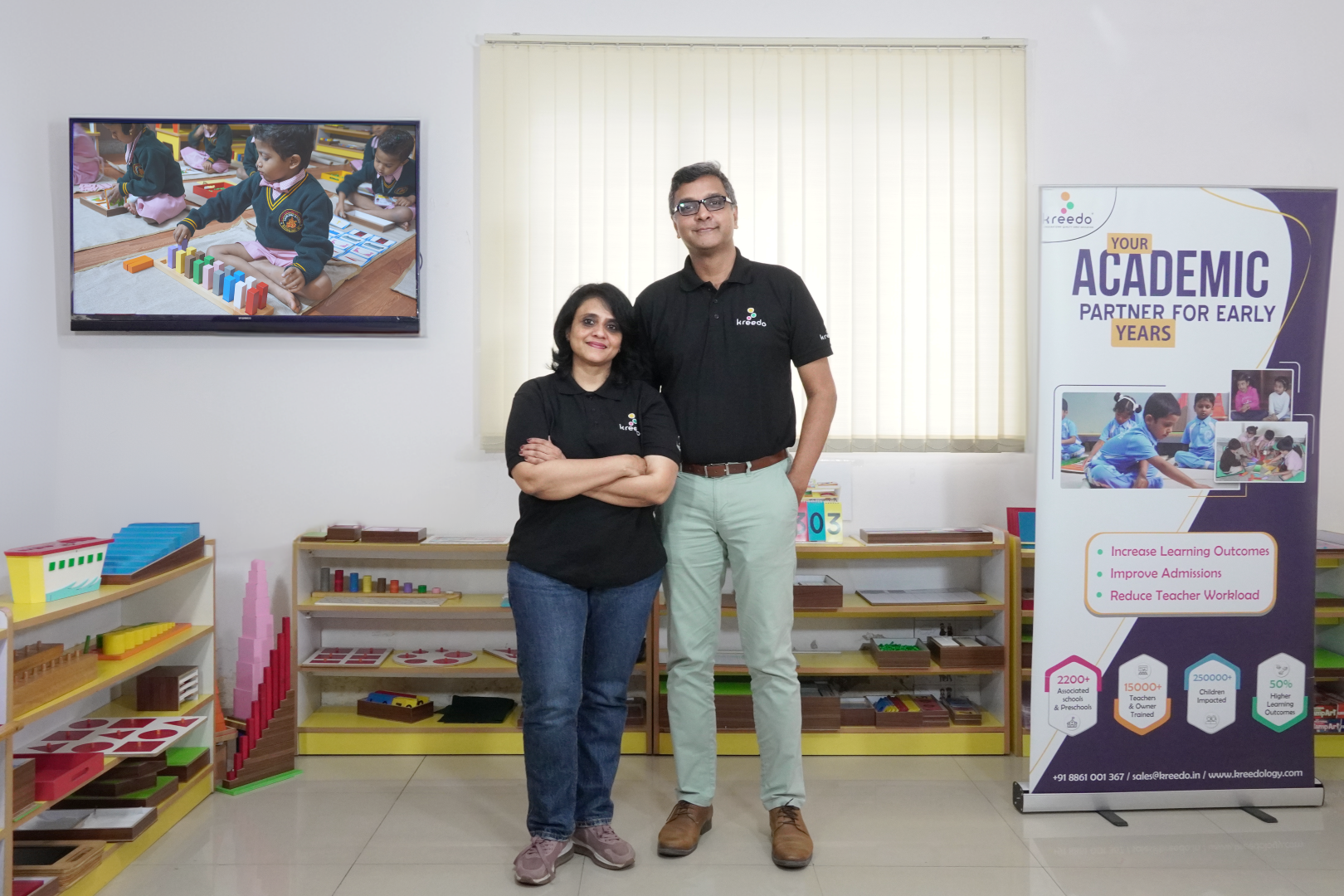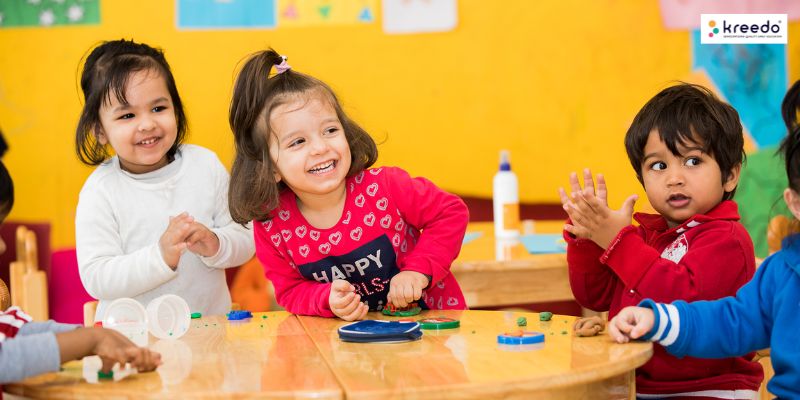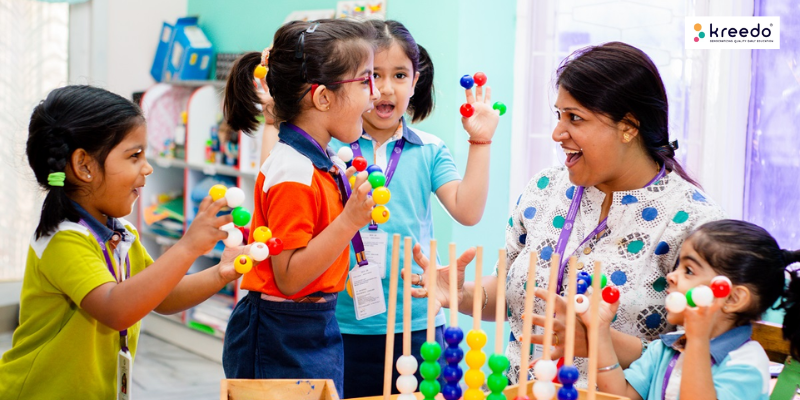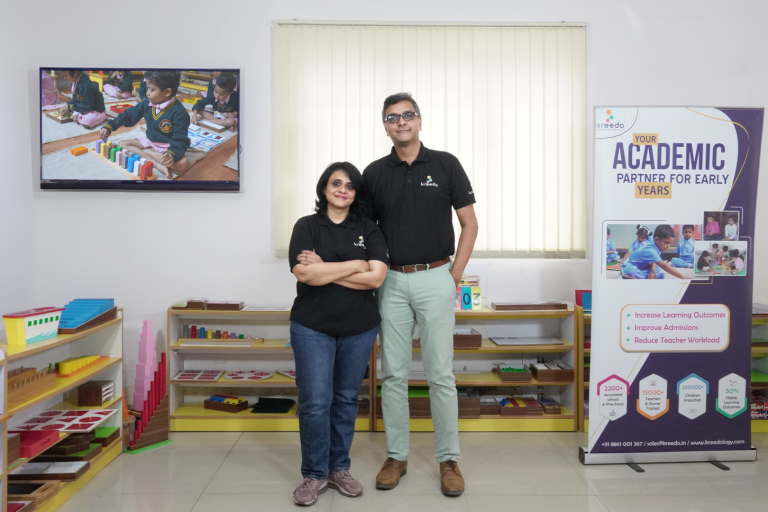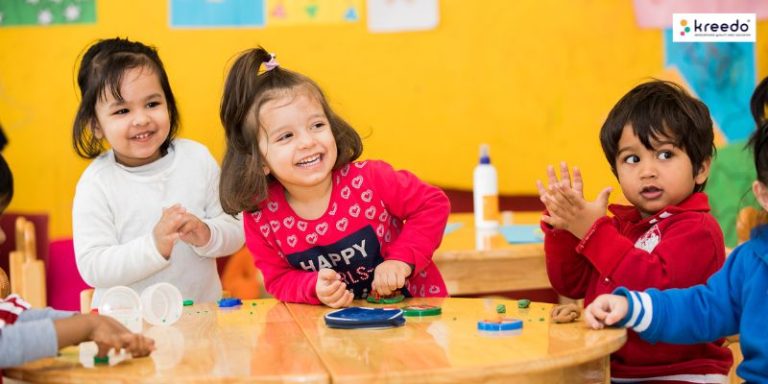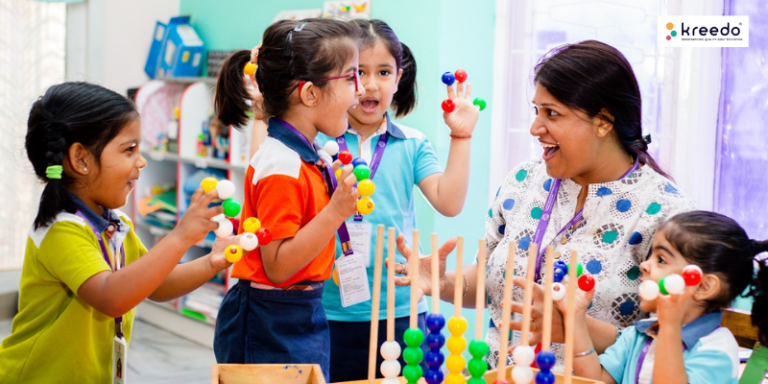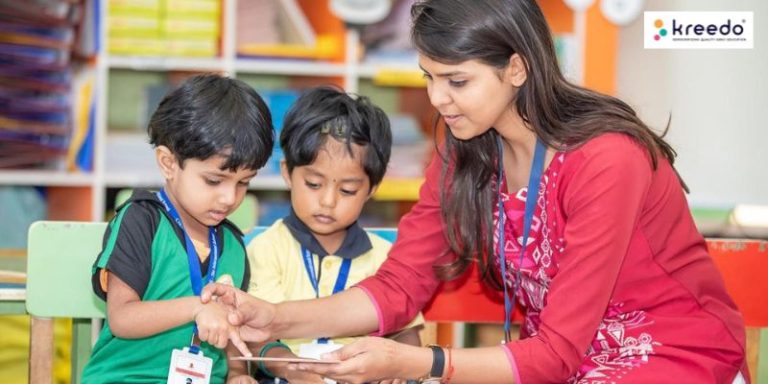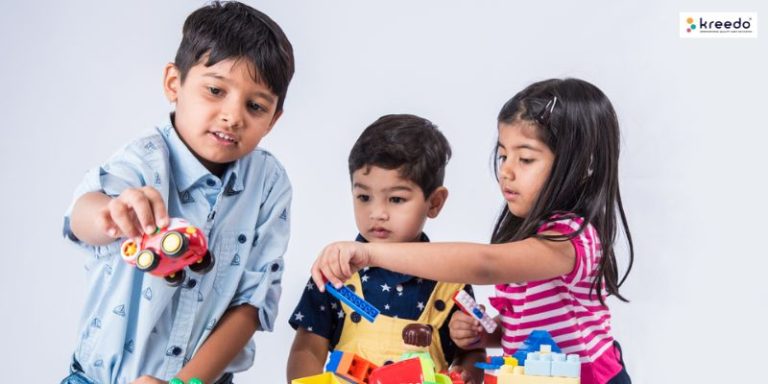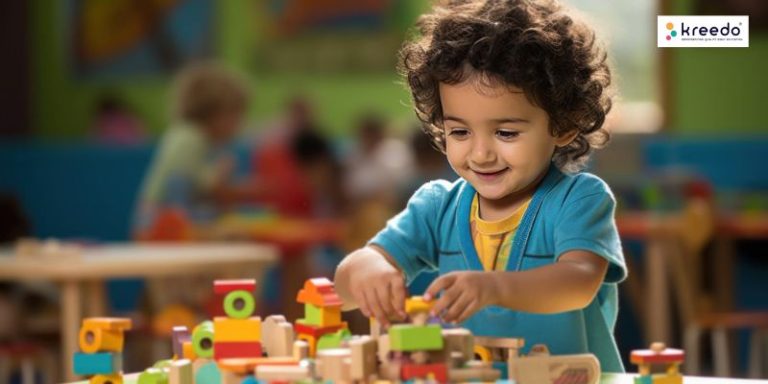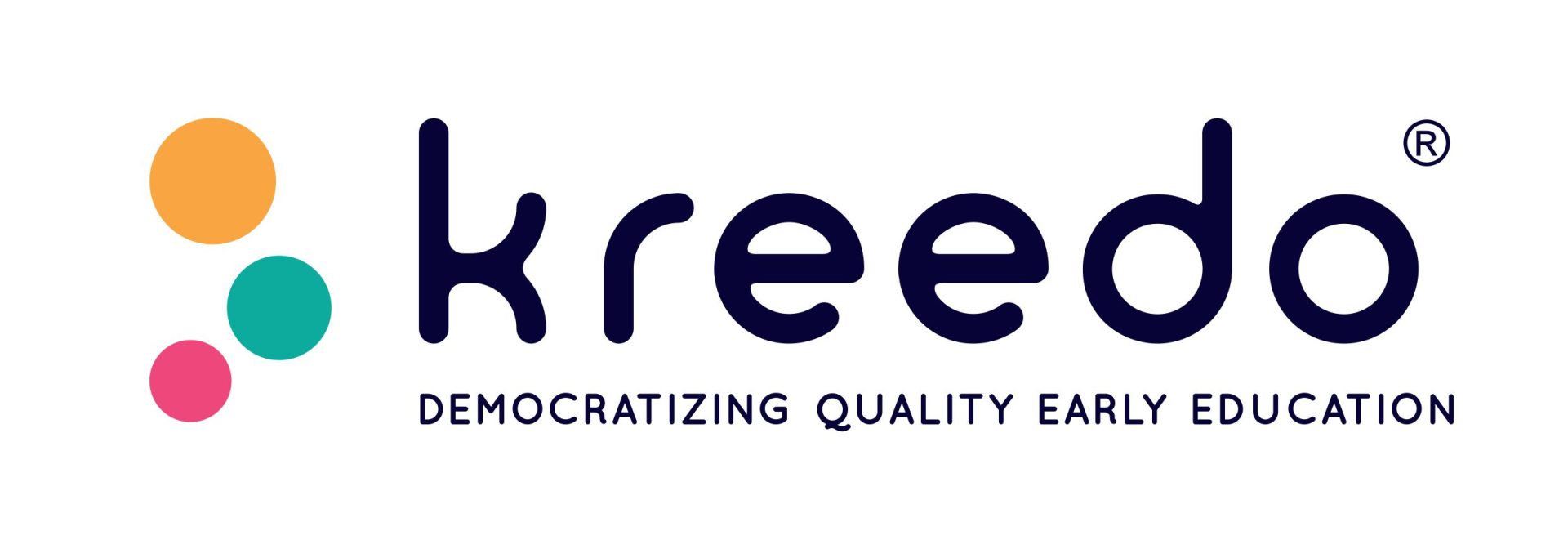There have been many connotations with regard to the term Montessori, some call it a method, or person, and some say it is a type of preschool or a toy that teaches something.
Dr Maria Montessori may or may not have anticipated that her name would be such a much-used, abused, misused, or misunderstood term the world over. In the Indian Early Years Education scene today, the term “Montessori” has been interpreted in several radically different ways by different categories of people.
1. For the common layman:
In most parts of India today, where exposure to the Montessori way of education is still nascent, the interpretation is usually as follows:
1. A Montessori school is a type of preschool that uses the “play-way” method
2. A Montessori toy is that which teaches a young child anything
3. A Montessori teacher is one who allows the child to do as they like
4. Montessori is a system of education
2. For the “Nursery trained” converted Montessorians:
Montessori is what they think they have been trained on when they have been taught. Here are some of the thinking processes:
1. Some amount of preschool classroom management
2. How to use jigsaw puzzles and stacking toys?
3. How to discipline some “unruly” infants?
This category is, unfortunately, the most prevalent in Early Years Education and probably inflicts the most damage on the child, who is probably better off left alone.
3. For the “go by the book” Montessorians:
Montessori is the word to be quoted when in doubt, it is a “Method” that has been prescribed by their notes, and they follow their notes instead of following the child. Absorbed in the technicalities taught to them during their intensive training, they sometimes forget the basic principles that the system was devised for, i.e. to enable the child, to assist the child in his auto education.
4. For the “Anti Montessori” brigade:
This category has two varieties:
1. One who has spent little time on child education and claims to have discovered a better way to work with the child. This is based on belief and not true research. Hence they typically pass judgement on every method that already exists which usually means abusing the Montessori method, because it is the most prevalent term. There is additional rejection because the Montessori philosophy is simple to understand but difficult to follow. It does need the shedding of the adult ego and trusting the child. This makes it difficult for an adult who is used to being the centrepiece of the classroom a little difficult to accept.
2. The second variety is one that includes educators who have spent many years in Early Child Education and have more or less come back to what Montessori believed in. But they are averse to speaking in favour of Montessori since that would again mean accepting to have reinvented the wheel. Most of these Early Years educationists talk about “joyful learning”, “exploratory learning”, “age-appropriate learning”, “social learning”, “positive reinforcement” “developing several areas of intelligence” and many more.
All these concepts have already been completely taken care of in a Montessori environment. At best, some educationists have added on the flavour of the day to Montessori, which could include ideas like project-based learning and community involvement. These are enhancements and do not fundamentally change the best way of working with young children.
5. For a Montessorian:
Dr Montessori is the founder of the philosophy that has shown a way of education, a philosophy that helps them understand the child better. Years of intensive research and observation from one individual that has given yielded one of the most advanced forms of Early Years Education.
This is the only cohesive ecosystem in early education that has worked into its close-knit interlinks between the theory, methods, classroom, Learning aids and trained Teachers
MONTESSORI PHILOSOPHY —> Montessori methodology —> Montessori Materials —>Montessori Environment —> Montessori Directors
The origin of the “Montessori House of Children” is a hundred years old, but is as relevant to the young child today as it was then. Though society is ever-changing and so are adult needs, the true purpose of education (and not literacy) remains the same.
Dr. Maria Montessori furthered the research previously, worked on by Itard and Seguin and contributed immensely to the field of Early Child Psychology which in turn helped millions of people understand the importance of early education. Her approach to education was based on a solid foundation of biology, psychiatry and anthropology, keeping in mind the nature of human development. The fundamental principles of her work remain pretty much unchallenged even today.
So, seventy years after she passed away, we still posthumously salute this unique individual, Dr. Maria Montessori who was the first woman to practise medicine in Italy. Until research proves otherwise, we still only have her work to derive from for every form of proper Early Years Education.
